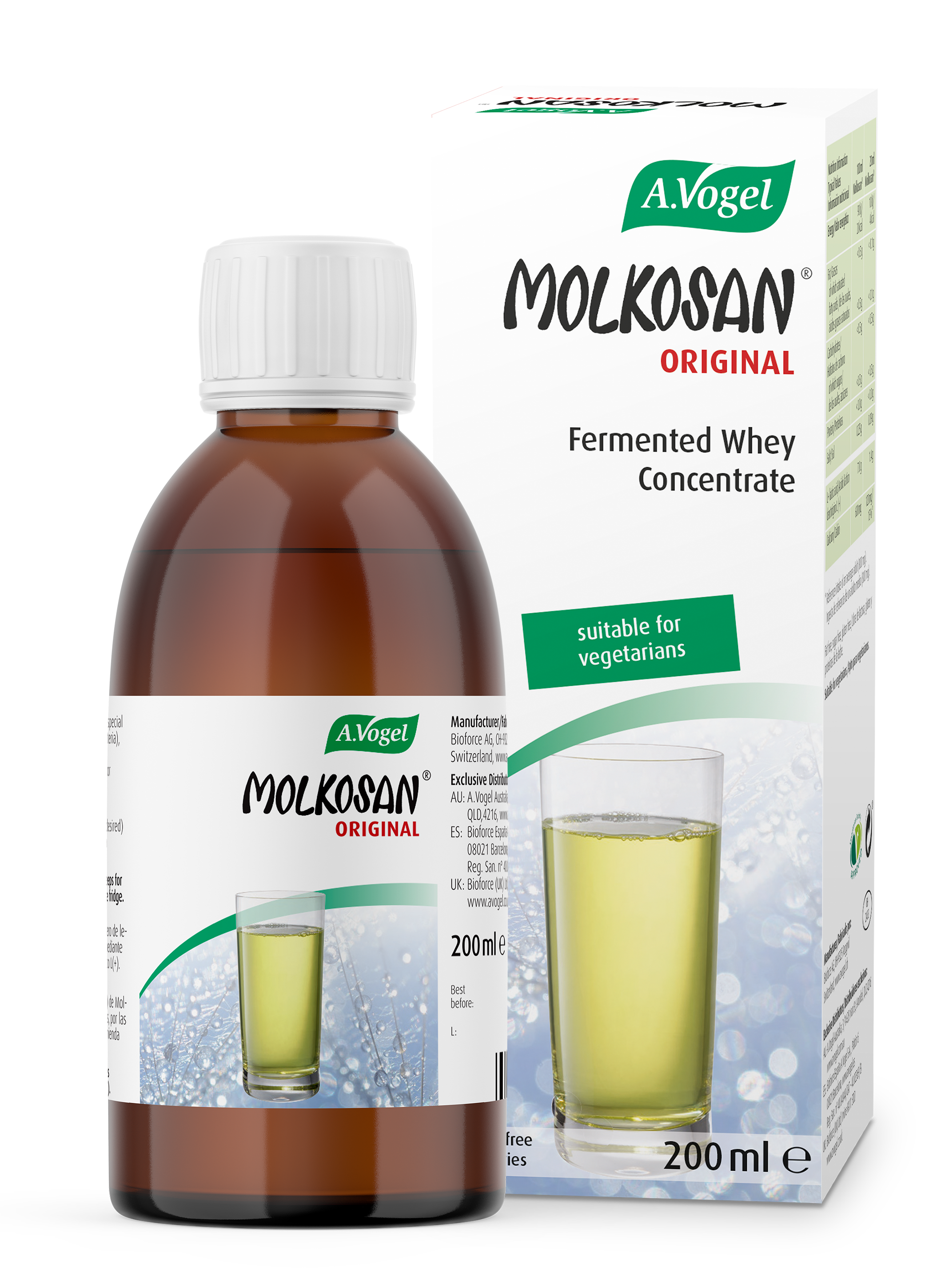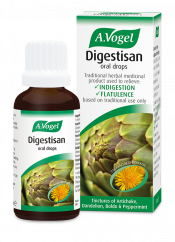When fats become a problem
We know that fats are particularly taxing for the digestive system; they take more time, effort and extra resources to break down and digest when compared to protein or carbohydrates. However, they are essential and we need them for a number of important processes – they act as a vital source of vital energy, they aid in the absorption of a number of essential nutrients and play a part in the manufacture of important hormones.
Now, although we should be aiming to include healthy sources of fats such as olive oil, coconut oil, nuts and seeds in our diets, the typical Western diet is often worryingly high in processed, poor quality fats which can cause a whole host of issues for us.
How we normally process fats
Throughout our digestive system we have a number of crucial steps, and secrete a number of important enzymes, in order to properly digest our food. Now these change slightly across the different macronutrients, so certain enzymes are fat specific, such as lipase, for example.
For fats in particular, the pancreas, liver and gallbladder are of particular importance. The pancreas produces specific fat-friendly enzymes (e.g. pancreatic lipase) that helps to chemically break fats into smaller molecules (fatty acids and glycerol), which are then in a more suitable form to be absorbed in the small intestine.
However, because fats are not soluble in water, their digestion can be a little tricky without help. This help comes from the liver and the gallbladder, which produce, store and secrete bile. Bile acts as a biological “soap” that which dissolves the fat into structure we call micelles; this helps increase the surface area of fat molecules, meaning there are a larger number of smaller units, which can then be more easily broken down by pancreatic enzymes.
Once absorbed, fats are then combined with proteins, cholesterol and other molecules and are transported from the digestive tract and into the lymphatic circulation. Here they can be transported around the body where they are put to good use.
What are the likely symptoms of fat malabsorption?
If fat isn’t being well absorbed you might firstly notice some changes in your poo. Steatorrhea is the medical term for fatty stools and often results in pale yellow, white or clay coloured poos which often appear oily and are particularly foul-smelling.
Depending on the root of the cause of the problem, you may also experience some other symptoms too such as indigestion, nausea, or abdominal pain, discomfort or swelling. Diarrhoea and weight loss may also be apparent too, so these are all warning signs to look out for.
What could be going wrong?
If you suspect you are struggling to digest fats, a number of things could be going on.
• Too quick a transit time – It could be that fats (and other components of the food you eat) are passing too quickly through the digestive system and so aren’t being processed properly. This could as a result of a number of different reasons including stress or anxiety disorders, food sensitivities or intolerances, IBS, a GI infection or dysbiosis
•Excess in certain ingredients – There are certain dietary components which could result in excess fats which you might end up struggling to absorb. An excess in whole nuts (as opposed to nut butters or their oils), or Jojoba oil, for example, could potentially cause steatorrhea as we can struggle to absorb their components in excess
• Medications – Orlistat, a common component of ‘diet pills’ affect the enzymes which are responsible for breaking down fat. As a result, we no longer break them down, absorb them, and instead have to excrete them in our faeces
• Problems with the liver – The liver manufactures bile which helps emulsify fats – if your liver is in trouble it might not be so efficient at keeping up with demand for bile salts
• Problems with the gallbladder – Although produced by the liver, our gallbladder is an essential storage unit for bile. If there are any problems, such as gallstones, bile ducts can become blocked and fat may not be broken down so well as a result
• Problems with the pancreas – The pancreas is responsible for producing pancreatic lipase which plays an important role in breaking down the fats that we eat. In chronic pancreatitis for example fats may not be processed so efficiently.
A.Vogel Self-Care Tip: Flower essences can help with many digestive problems
This video looks at anxiety that may be worsening the symptoms of a digestive complaint. This can be especially relevant when there is a sudden change in routine or situation.
For more tips & advice on digestion, sign up to the ‘5 steps to a better digestion plan’.
What could be done to help?
If you suspect that you aren’t absorbing fats sufficiently we would recommend you go for check up with your doctor as the underlying cause may need to be uncovered. Then, if deemed appropriate, you could try some home and herbal remedies to help get your digestive system back on track:
Home remedies
• Chew, chew chew! This may sound simple but chewing your food properly can have a huge bearing on how well you break down and absorb your food. Chewing helps increase the surface area of the mouthfuls of food we each, which in turn means bile and digestive enzymes can have a better go at doing their job more effectively – this in turn means you’ll have more of a chance of absorbing those essential nutrients!
• Keep a food diary – Especially if you suspect a food intolerance may be a contributing factor it can help to keep a food and symptoms diary. Record what you eat and drink daily alongside any symptoms that you are experiencing in order to try and identify any patterns.
• Relax! Although it’s easier said than done, reducing stress and anxiety can work wonders for improving your digestive processes. Often in times of stress our transit time becomes too fast, and we can be left struggling to properly digest and make use of the foods we eat
• Take some pressure off your liver – Your liver has to process everything we eat, plus produce enough bile to help support the breakdown of all the fat we eat – it’s no mean feat! Support your liver by considering your intake of medication, refined fats and alcohol, and why not consider a sensible liver detox if you suspect this important organ has been under some pressure lately.
Natural Solutions
Here I explain how some herbal or natural remedies may be helpful:
• Bitter herbs – Bitter herbs can help support the stomach and the production of digestive enzymes and bile. Try having a small bitter salad before your meals (this is a common feature in the Mediterranean diet, which is regarded as one of the healthiest in the world) and include leaves such as chicory, endive, rocket or dandelion leaves.
Dandelion helps with bile secretion, therefore, also particularly useful for people with gall bladder issues. Globe artichoke is classed as ‘bitter’ too and research1 has shown that it helps the functions of the liver, specifically helping to better process cholesterol, a type of fat.
Finally, the herb milk thistle is rich in antioxidants which help scavenge free radicals which can damage your body cells, so this may also prove useful.
• Prebiotics – If dysbiosis is a suspected underlying factor, Molkosan could be an option. Rich in L+ lactic acid it helps to support the internal gut environment .
Remember and pay a visit to your GP
Remember it’s important to contact your GP at the first signs of suspected fat malabsorption and thereafter if your symptoms persist or get any worse. Home and herbal remedies may only be helpful in some cases depending on the underlying cause.
1. Bundy R et al. Phytomedicine 15 (2008), 668-675









